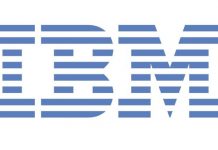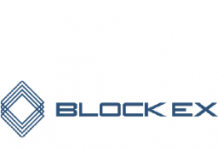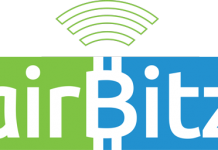SETL, a London-based firm that develops blockchain-powered institutional payment and settlement infrastructures, has unveiled its first commercial offering, a new platform that allows market participants to commission and run permissioned registry service for payments, settlement and clearing of cash and other financial instruments.
Powered by SETL’s blockchain technology, the OpenCSD platform is intended to “revolutionize the way securities depositories and payments systems are organized.”
“The OpenCSD platform heralds a new era of interoperability, efficiency and flexibility for issuers and asset owners alike, to collaborate and establish their own settlement destinations,” Peter Randall, CEO of SETL, said in a media release. “It is a means for market participants to empower themselves and to design services around their own needs and cost expectations.”
The OpenCSD platform allows for a group of participants to deploy a blockchain platform “in a matter of minutes,” and record and settle changes in ownership. It also enables the interaction of different participants such as custodians, registrars and payment institutions, and can be used co-operatively or deployed by a single institution to maintain registers for their customers.
The platform is asset neutral and works across securities, private equity or as a platform for FX or e-money. Assets held on one instance of the platform can be transferred to other instances subject to the agreement of both parties.
OpenCSD was designed to be “jurisdictionally agnostic” and is said to be compatible with “exciting and forthcoming regulations” including the European Central Securities Depositories Regulation (CSDR).
The platform uses SETL’s blockchain engine, which is said to be capable of processing billions of transactions per day across nodes in multiple locations.
In addition to the release of OpenCSD, SETL is currently working with Computershare to establish securities ownership registers using blockchain technology for the Australian markets.
The partnership with Computershare, an Australian stock transfer company, comes at a time when an increasing number of Aussie financial institutions are trialing blockchain-powered infrastructures in hopes to gain in efficiency and cut costs.
In May, the Sydney Stock Exchange announced a new collaboration with domestic blockchain startup Bit Trade Labs to develop a blockchain-based equities market settlement and registration system.
The Australian Securities Exchange is currently working with Blythe Masters’ Digital Asset to develop blockchain solutions for the Australian equity market.
Companies that are providing financial institutions with blockchain-enabled clearing and settlement platforms are growing in number. Alongside SETL and Digital Asset, Clearmatics and Chain are also offering similar infrastructures. Chain, a blockchain startup founded in 2014, was selected by Nasdaq in July 2015 to run a pilot to test blockchain technology for the trading of shares in private companies.
R3, a blockchain technology company based in New York, is leading a consortium of 42 financial companies in research and development of blockchain usage in the financial system.
In April, the consortium unveiled Corda, a distributed ledger platform for financial services designed to record, manage and synchronize financial agreements between financial institutions.









